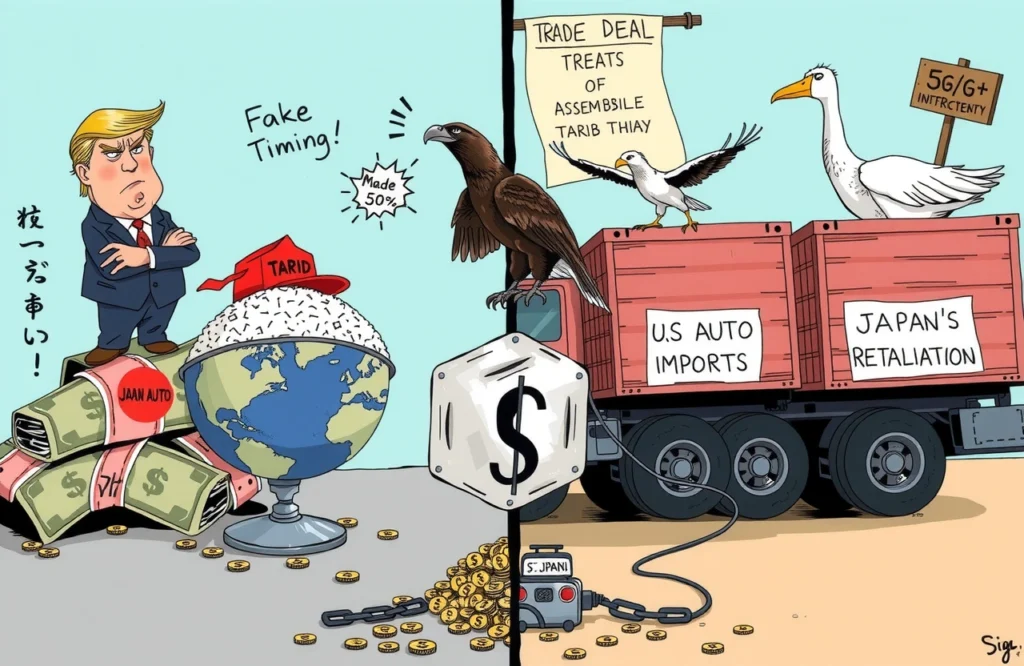Navigating Global Expansion with Confidence
At the recent 2025 China Enterprise Globalization Summit in Shenzhen, top legal authority Zhang Huawei (张华薇) delivered crucial insights confronting Chinese companies going global. As Deputy Director of Yingke Law Firm’s Global Board and Dean of its Foreign-Related Rule of Law Research Institute, Zhang emphasized that robust compliance awareness separates successful international ventures from costly failures. With over 60% of cross-border expansions encountering regulatory issues according to PwC research, her warning comes at a critical juncture as Chinese enterprises accelerate overseas investments. This article unpacks Zhang Huawei’s analysis of five operational ‘minefields’ – from religious sensitivities to antitrust pitfalls – and provides actionable frameworks for building sustainable international operations through proactive compliance strategies rather than reactive damage control.
Cultural and Religious Compliance Foundations
Understanding Sacred Boundaries
Zhang Huawei (张华薇) underscored that Middle Eastern expansions require paramount respect for entwined religious and legal frameworks. She highlighted cases where marketing tactics like discount promotions backfired when positioned as ‘convenient’ alternatives to traditional religious practices – a violation considered both culturally insensitive and legally actionable. Enterprises must: – Secure advance approvals from religious affairs departments for any service touching theological matters – Eliminate commercial language implying religious activities can be streamlined or monetized – Implement mandatory cultural training covering regional variations across Gulf Cooperation Council states
Operationalizing Cultural Intelligence
Beyond avoidance, Zhang advocates embedding cultural experts within management teams – a practice adopted by leading firms like Huawei and Haier Group. These specialists should oversee: – Brand messaging audits ensuring compatibility with values emphasized in Islamic jurisprudence – Supply chain design accommodating Friday closures and prayer requirements – Ethical debt collection practices aligned with Sharia principles prohibiting interest
Market Access and Regulatory Evolution
Decoding Investment Regulation Shifts
The UAE’s progressive deregulation offers both opportunities and compliance traps. Zhang Huawei (张华薇) detailed landmark changes like the 2018 Foreign Direct Investment Law and the 2020 Commercial Companies Law that enabled 100% foreign ownership – but stressed companies often overlook: – Fast-changing sector-specific ‘positive lists’ for full foreign ownership (https://u.ae/en/) – Abrupt limitations on previously open fields like fisheries technology – Penalties for administrative shortcuts such as using citizen ‘sleeping partners’ to bypass legacy restrictions
Saudi Arabia’s Vision 2030 Implications
Beyond UAE, Zhang spotlighted Saudi Arabia’s investment reforms requiring: – Public-private partnerships with mandatory knowledge transfer components to meet NIDLP targets – Domestic hiring quotas tied to government concessions and permits – Local content minimums in manufacturing contracts enforced via state procurement preferences
Labor Compliance Imperatives
Consequences of Non-Compliance
In Middle Eastern jurisdictions, Zhang Huawei (张华薇) warned labor violations trigger disproportionate penalties. Recent cases include: – A Dubai contractor fined AED 15 million ($4M USD) for deporting migrant workers without final settlements – Saudization-driven levies reaching $21,000 monthly for exceeding expatriate ratios – Criminal prosecutions of managers accepting fraudulent credentials without verification
Building Compliant Workforce Systems
Mandatory processes Zhang recommends include: – Blockchain-verified qualification validation rooted in UAE’s Nafis program standards – Transparent kafala reform compliance mechanisms clearly defining contract exit terms – OSHEC-aligned safety accreditations for high-risk sectors like construction – Multi-language grievance channels accessible to foreign workers
Data Sovereignty Requirements
Localization Mandates
For industries like electric vehicles collecting geospatial intelligence, Zhang Huawei (张华薇) emphasized stringent data regulations: – MAPS geolocation must leverage UAE’s ‘Khazna’ or Saudi’s ‘SCCC’ certified data centers – Restrictions on sharing traffic pattern data beyond national borders unless receiving nations demonstrate equivalent GDPR+ standards – Mandatory incident reporting timeframes under ADGM Data Protection Regulation within 72 hours
Implementing Data Governance Frameworks
Practical compliance requires: – Dedicated cross-border flow impact assessments modeled after China’s PIPL – Cybersecurity insurance covering Middle East-specific liability thresholds – Onshore data governance officers meeting nationality/residency requirements
Trade Law Complexities
Anti-Circumvention Risks
Zhang cited Chinese solar panel exporters penalized under U.S. CBP ‘origin hopping’ judgements after minimal UAE value addition. To avoid: – Document 30-45% minimum domestic input to qualify under Gulf Cooperation Council certificates – Maintain supply chain traceability keeping non-GCC materials under fractional thresholds – Secure advanced origin rulings from customs bodies before production investments
Antitrust Compliance Protocols
Post-acquisition penalties for unapproved mergers include: – Retroactive transaction cancellation for failing to notify competition authorities at 20-40% market share thresholds – Division/reorganization orders impacting companies like Amazon’s Souq acquisition review – Mandatory public auction requirements exceeding 50% industry consolidation
Building Future-Proof Compliance Frameworks
The era of retroactively fixing compliance breakdowns is over, stresses Zhang Huawei (张华薇). Leading enterprises now implement trifold protection systems:1. Pre-Investment Intelligence: Regional regulatory heat mapping combined with exit option analysis2. Contract Armor: Embedding force majeure clauses for regulatory earthquakes across funding documentation3. Continuous Monitoring: Deploying compliance AI tracking 36+ regulatory publication sources dailyOrganizations showing advanced compliance awareness leverage these tools for sustainable growth. Tech leader DJI demonstrates this through localized legal ops teams optimizing structures like ADGM free zone entities and DIFC fintech sandboxes. Their secret? Treating compliance expenditure not as costs but as risk-adjusted return multipliers.Forward-thinking firms now transition from regulatory spectators to proactive partners through three actions starting this quarter: First conduct executive team competency assessments against emerging international rulemaking. Second implement quarterly compliance stress testing across currently active markets. Third establish independent whistleblower validation authority reporting directly to international board committees. The unprecedented opportunities in globalizing markets await – but only those conquering compliance complexity will ultimately prevail.




